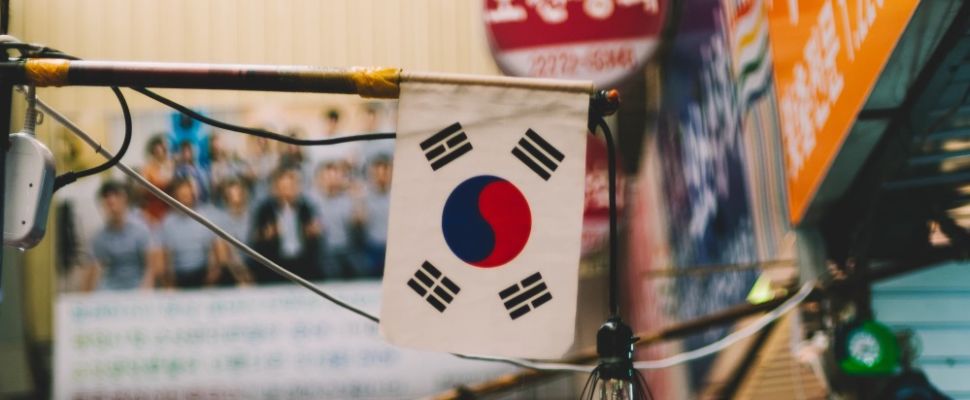The administration of President Moon Jae-in is moving to ensure the enduring success of South Korea’s healthcare and life sciences industries through increased international collaboration. However, some pharma insiders are calling for even greater governmental support for what is still a tightly regulated sector facing pressures over pricing, exacerbated partly by the nation’s free trade deal with the USA.
Going Truly Global
Kim Hye-seon, director general of the Korean Ministry of Health and Welfare’s Global Healthcare Bureau notes that “This year marks the 10th year since Korea began sending hospitals overseas. Now is the time to set the direction for the next 10 years.” Kim continues, “Many are worrying that China will catch up with Korea in the next five years or Korea’s healthcare service might stop growing soon. We will set a long-term plan for the next five or 10 years.”
This year marks the 10th year since Korea began sending hospitals overseas. Now is the time to set the direction for the next 10 years
Kim Hye-seon, DG, Global Healthcare Bureau, Ministry of Health & Welfare
In terms of what this 10-year plan entails, Kim adds that, “We should be partners working together to help hospitals enter the global market and bring in international patients. We will work on basic materials for the next two to three years to support them.” Both the export of healthcare services and the bringing-in of international patients has the potential to boost the nation’s economy as, “The healthcare sector creates more jobs than other industries,” says Kim.
With President Moon’s administration rolling out both a ‘New Northern Policy’ and a ‘New Southern Policy,’ whereby Korea will enhance its cooperation with Russia, Mongolia and Central Asia but also with Southeast Asia, Kim points out that, “[these countries] have good infrastructure for Korean hospitals to enter or to invite patients back to Korea. By studying [these countries], we will make opportunities for pharmaceuticals, medical device makers, and hospital systems to enter the market together in a package.”
More Governmental Support Needed!
The Korean domestic biotech industry has also been booming, with a recent report showing that over 1,000 bio-ventures have been established in the last three years, with 300 set up in 2017 – similar levels to the first bio-venture business boom in 2000.
However, despite these ambitious plans, some industry stakeholders have cautioned that the Korean government needs to do more to support its domestic pharmaceutical industry.
Won Hee-mok, chairman of the Korea Pharmaceutical and Bio-Pharma Manufacturers Association (KPBMA), feels that overly-strict regulation is restricting this industry’s growth. He warns that “The government has been demanding that we fulfil our ‘social duties’ by controlling drug prices under a social insurance system. We need such a role, but the government has lacked the will to nurture our sector.” Even though Korean pharmaceuticals account for less than two percent of the global pharmaceutical market, Won feels that they have “explosive potential” and abundant pipelines.
I hope President Moon will declare that the nation will promote the pharmaceutical sector because the top decisionmaker’s will can have the greatest impact
Won Hee-mok, chairman, KPBMA
Won does identify an improvement in governmental communication with the private sector and highlights that “the government made meaningful efforts to maintain our ranking for pharmaceutical biddings in Vietnam.” However, Won feels that even more support is needed, especially words and action from the president himself. “I hope President Moon will declare that the nation will promote the pharmaceutical sector because the top decisionmaker’s will can have the greatest impact. His words will make the difference and attract money and human capital,” says Won.
The Korea-US FTA – A Roadblock to Progress?
Despite a seemingly greater willingness on the part of the Korean government to support domestic pharmaceutical companies, the sensitive issue of the Free Trade Agreement between Korea and the USA may be a roadblock.
Drug pricing was one of the thorniest issues in the FTA renegotiations, and the US side was particularly tenacious about it
Park Neung-hoo, Health & Welfare Minister
The USA demands that Korea applies the same criteria to Korean and foreign pharmaceuticals when providing benefits to innovative drugmakers and posits that supporting locals only would be in breach of the bilateral trade deal. In October 2016, the Ministry of Health and Welfare announced a plan to offer drug pricing benefits to local pharmaceutical companies that successfully develop globally competitive drugs. However, during the Korea-US negotiations for a revised FTA last year, the US claimed that supporting locals only violated the deal. The Korean government revised the plan to remove the “local” part, and the plan has now stalled.
Health and Welfare Minister Park Neung-hoo recently told reporters that, “drug pricing was one of the thorniest issues in the FTA renegotiations, and the US side was particularly tenacious about it… US officials said the FTA should apply equally to foreign or local companies and took issue with the government’s support for local developers of globally innovative drugs.”
Due to this intense pressure from the US, the Korean government “might have to provide 1 trillion won support for multinational pharmaceutical companies if it tries to support 10 billion won for locals,” he added.


